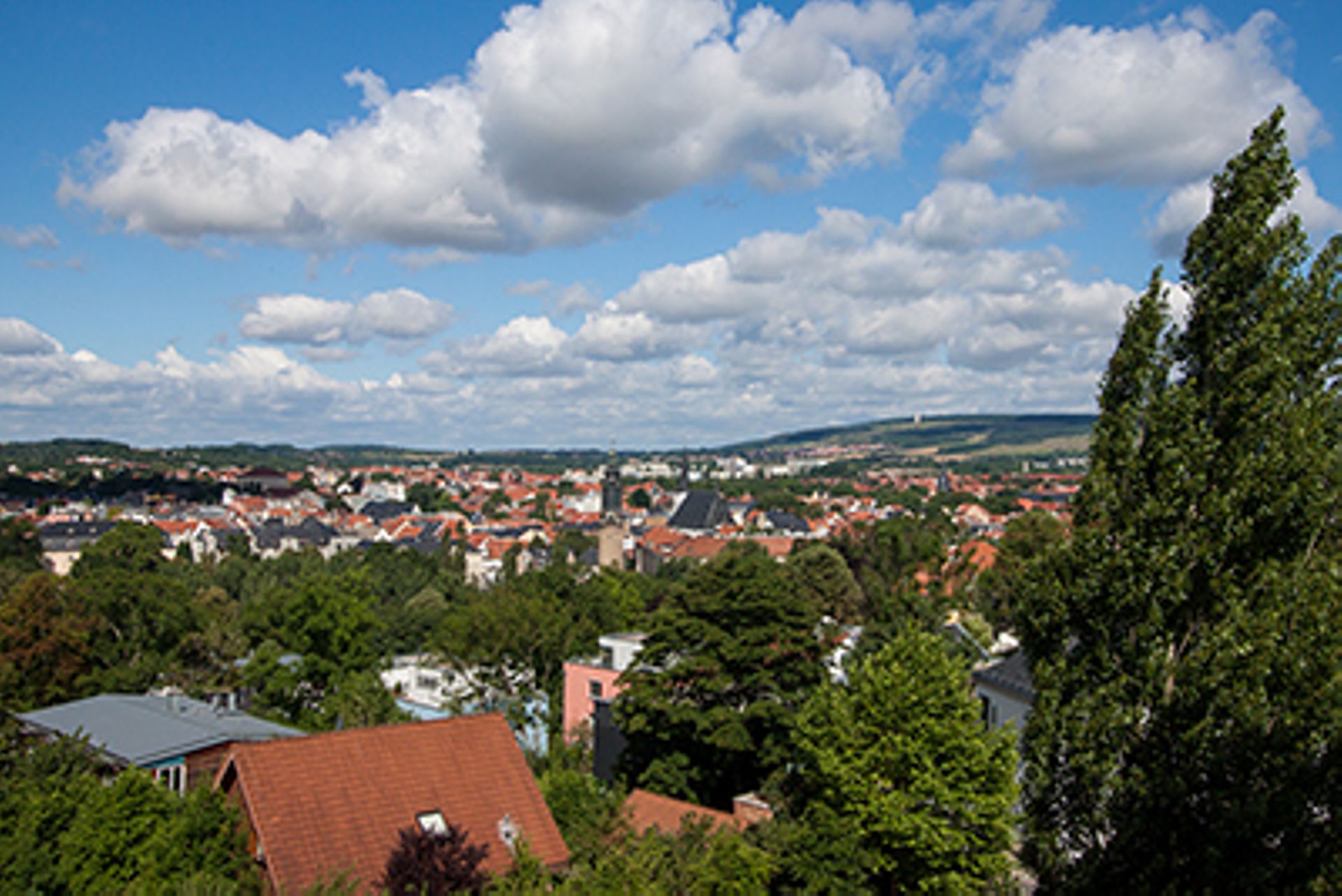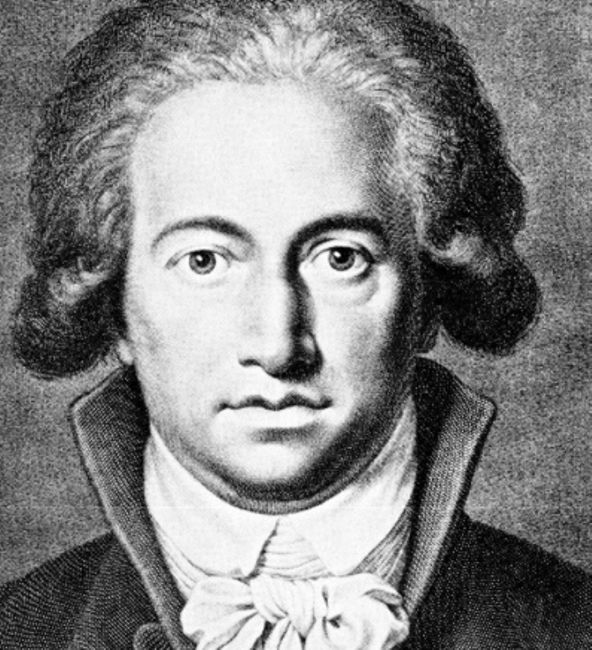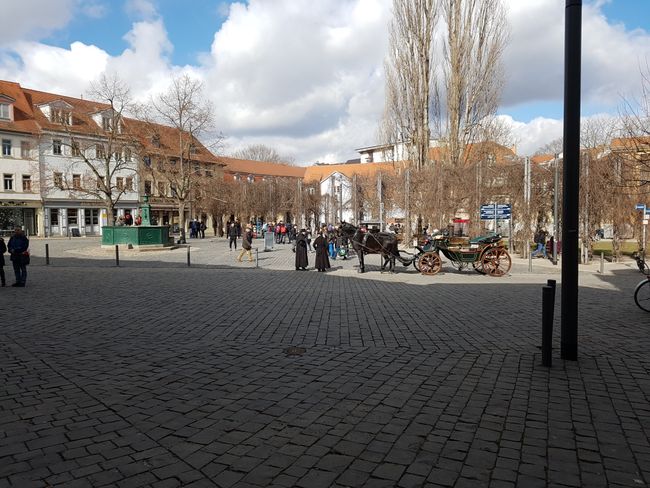2.6 Goethe National Museum later
प्रकाशित: 09.03.2018
समाचारपत्रको सदस्यता लिनुहोस्
We kept a station from you yesterday, the Goethe National Museum.
That was the last point on our tour of Weimar. It is located opposite the Goethe Fountain and is housed in a rather inconspicuous building. As a result, we had some trouble finding the entrance. Somehow we had a difficulty with the doors that day. When we finally found them, we entered the building. The entrance hall is modern and kept in a simple white. For us, the room did not give the impression that we were in a historical museum, but in an office building. We asked the staff about Urfaust and whether scenes where Faust may have practiced self-censorship are exhibited. The staff kept sending us further and ultimately no one could help us. Because of this, we decided not to visit the exhibition. However, since we are very interested in it, we researched censorship on our own. However, we were not very successful on the internet and in various books. There were words that were censored, but not even one omitted scene was mentioned. The plot seemed incomplete in some places. It may be that Goethe omitted entire scenes because they contained morally offensive content. We reached our limits in search of answers. After some reflection and fooling around, we came up with a scene ourselves. We chose the part between 'Marthens Garden' and 'At the Fountain' and built our own scene called 'Gretchen's Room'. Gretchen and her mother appear in the scene. Gretchen gives her mother the drops that Faust gave her to put her to sleep in her glass. By mistake, she poured one drop too many. Since she longs so much for Faust's love, she does not think further about the consequences and without hesitation gives the cup to her mother. After drinking it, her mother croaks, 'Gretchen, what have you done?'. While her mother's eyes become heavier and she finally closes them, Faust enters. Gretchen gives her mother a final kiss on the forehead and says, 'Goodnight, Mother. Sleep well, see you tomorrow.'. Then she takes Faust's hand and leads him into her room.
It is clearly stated that Gretchen is willing to go to any lengths for love. This violates all the guidelines of that time. The scene would have caused grief and such outrage that society would not have accepted it, let alone coped with it. The mother's murder clearly violates the religious values. According to the Church, murder belongs in the category of mortal sin. However, since Gretchen decides on death and thus her punishment at the end of 'Faust I', this reassures the audience. Since she at least acknowledges it and accepts the consequences, she takes a step towards the Church's point of view. However, this was not her only sin that she committed that night, but also her consent to share passion with Faust. According to both religious and social views, only spouses were allowed to share a bed. In addition, she was only 14 years old and could have been Faust's daughter, despite the rejuvenation potion.
We will be back in a moment!
समाचारपत्रको सदस्यता लिनुहोस्
जवाफ


